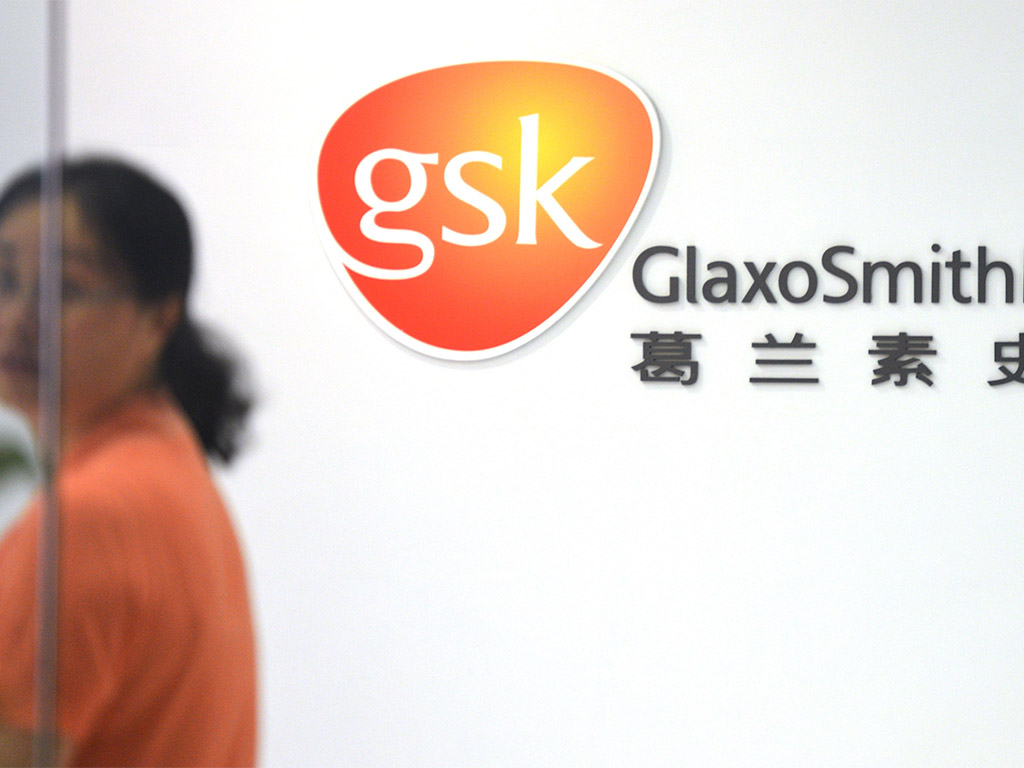Chinese authorities hit GSK with fresh charges of bribery
After a ten-month investigation Chinese authorities accuse British former boss and two others of corruption and bribery

Chinese authorities have accused GSK's Mark Reilly and two other colleagues of overseeing a "massive bribery network"
Mark Reilly, the British former Head of GlaxoSmithKline in China, has been accused by local authorities in China of ordering bribes for doctors and government officials, after a ten-month investigation. According to officials, the illicit activity would have generated “illegal revenue worth billions of renminbi”.
Chinese police have accused the UK-based pharmaceutical giant of funding bribes in China by overcharging on medicines, inflating some prices by as much as seven times their value in other markets. The police statement, seen by the BBC, accuses Reilly and two other colleagues of personally overseeing a “massive bribery network”. The case has now been passed on to prosecutors.
If convicted Reilly could face a maximum penalty of life imprisonment
It now appears that GSK was also inflating import costs by providing false declarations to customs authorities in order to transfer profits to other countries. “The more drugs the company sold, the more they bribed; and the more they bribed, the more drugs they sold,” a spokesperson for the Economic Crime Investigation Department of Public Security Ministry has been quoted by the FT as saying.
Since accusations surfaced in the summer of 2013, GSK has denied it or its employees engaged in any form of systemic corruption, though it admitted that a small number of staff had appeared to have broken Chinese law. In the months since the scandal broke, GSK has reviewed some of its practices in China, including getting rid of individual sales targets and reviewing its marketing operations.
Reilly has since parted ways with GSK and left China temporarily, but is now back in the country and said to be assisting police with investigations. According to The Daily Telegraph, Reilly is barred from leaving; however a spokesman from GSK denied the allegation, commenting: “At no point was he detained…Mark remains in China to help further with the investigation should it be required.” If convicted Reilly could face a maximum penalty of life imprisonment.
GSK has apologised for its employees’ actions, but suggested they were carried out outside of company controls. However, the company is facing similar accusation in Poland, suggesting a much more widespread problem. If allegations are proven in China or Poland, the company will also likely face consequences at home, for being in violation of the UK Bribery Act, as well as the US Foreign Corrupt Practices Act.













